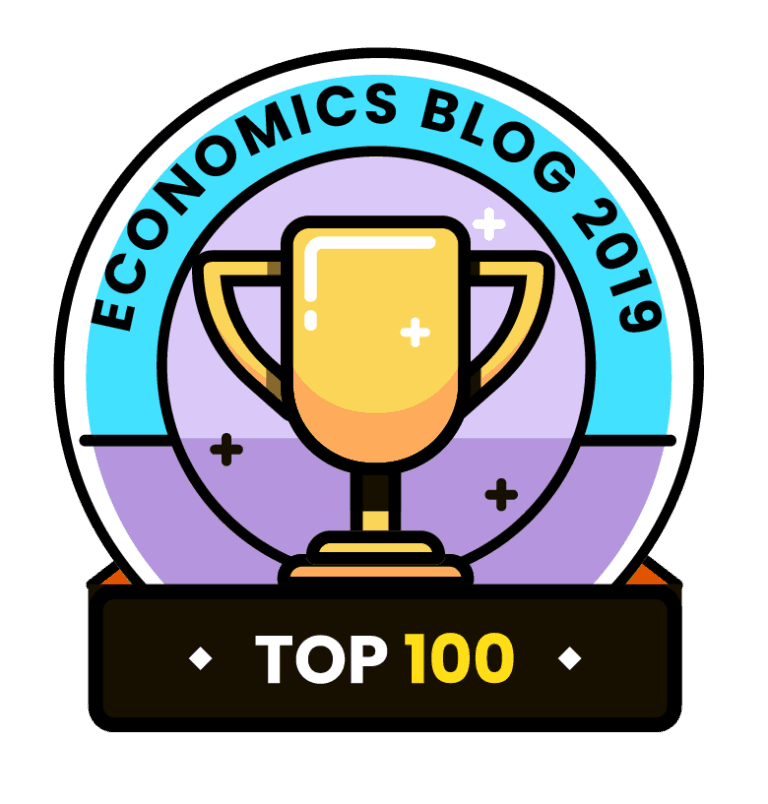Staff of the Congressional Budget Office in the new edition of Journal of Economic Perspectves suggest how economists’ research could inform Congress:
Archive for May 7th, 2024
How economists could help inform economic and budget analysis used by the US Congress
May 7, 2024Access to Credit Reduces the Value of Insurance
May 7, 2024We analyze the value of insurance when individuals have access to credit markets. Loans allow consumers to smooth financial shocks over time, decreasing the value of consumption smoothing from insurance. We derive formulas for the value of insurance that can be taken to data, and show how that value depends on individual characteristics and features of loans. We estimate that access to a five-year loan decreases the values of community- and experience-rated insurance for the average beneficiary by $232-$366 (58–61%). Even for the sickest decile, this loan access reduces the value of community-rated insurance by $1,099 (17%).
Deep Dive into China’s Intellectual Odyssey
May 7, 2024Wang Hui has written this interesting looking book The Rise of Modern Chinese Thought. The edition is now available in English.
Lynn Paramore of INET interviews Hui:
Lynn Parramore: Your book traces the development of three concepts: “principle” (li), “things” (wu), and the “propensity of the times” (shi). What makes these crucial to understanding the progress of Chinese thought?
Wang Hui: Why these very specific concepts? I employed these concepts as clues to describe historical change, rather than employing social history, cultural history, economic history, or military history. I wanted to use these concepts to link different things together. Basically, I think that in all of Chinese studies — and not only Chinese studies, but historical studies, generally, especially in non-Western cultures — two prevalent misgivings have often left scholars feeling frustrated.
First, they struggle with whether or not they can effectively use existing theoretical categories or social scientific paradigms to describe and interpret historical phenomena. For example, if we talk about the traditional Chinese wellfield system [an agrarian plot division for equitable land distribution], people will often describe it as an economic system. But the wellfield system is not only an economic system, but also a social, political, and military system, and, after all, a racial system. So in that sense, once you reduce that phenomenon into the category of the economy, you’ve lost a lot of things. That’s one issue.
The second, of course, is that we are all studying Western social science — it’s a universal phenomenon – so the concepts and paradigms we deploy usually come from studies of Western history. Can they be usefully applied to non-Western historical phenomena? I have found that you always need to construct a dialogue between the different concepts.
In my book, I discuss principle (li), things (wu), and the propensity of times (shi) as philosophical ideas. These are three key categories, but at the same time, I use another set of three antithetical concepts in the more historical analysis. The first is the ancient rites and music culture and institutions. The second concerns political systems, enfeoffment [the feudal land grant system], and centralized administration. The last one was more of a response to what contemporary Western scholars are working on, and also something we’re working on in Chinese studies: the empire and the nation-state. I question these binaries and their application to Chinese studies






